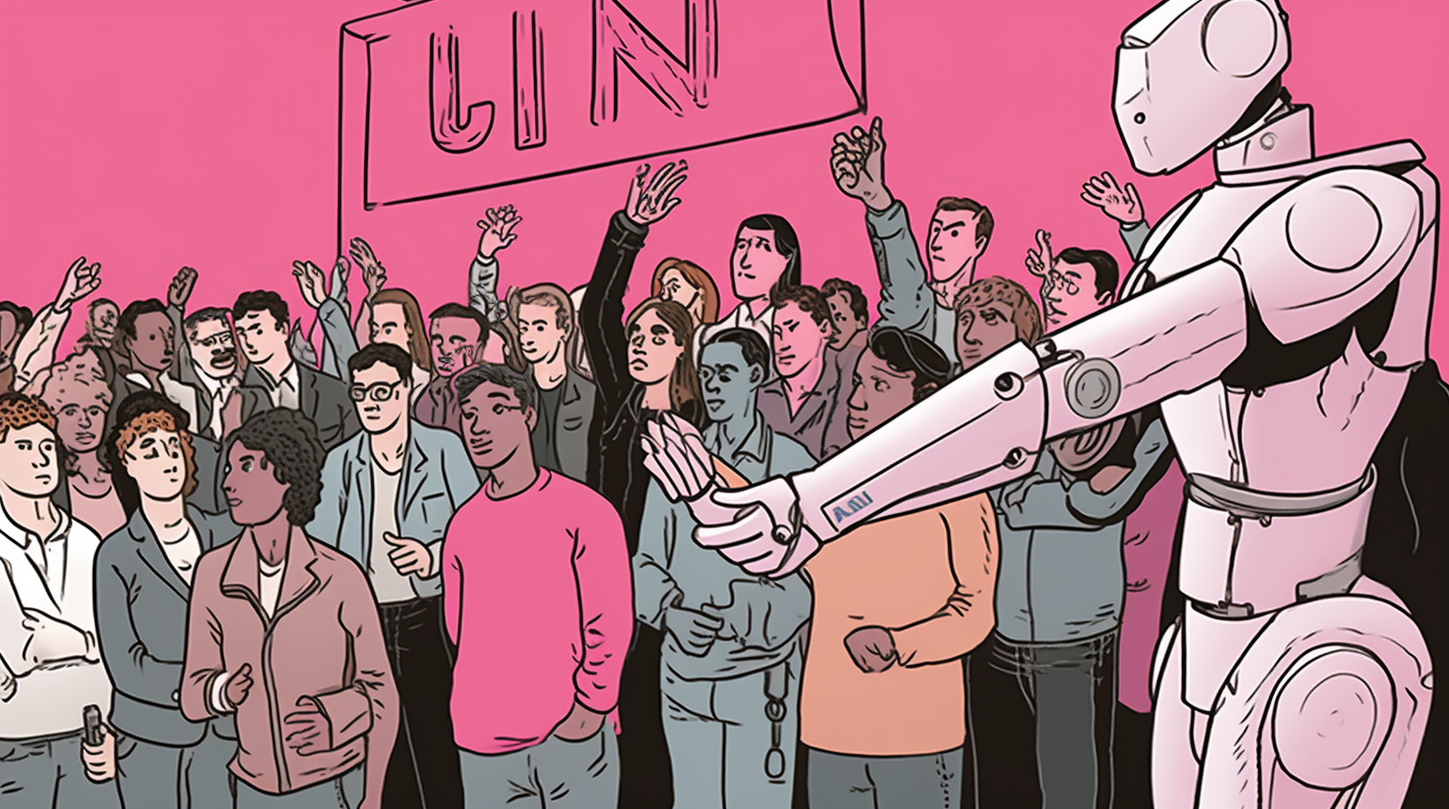Learn about the impact of artificial intelligence on employment, debunking myths surrounding job loss, and exploring the potential benefits of AI in the workforce.
Introduction
Artificial Intelligence (AI) has become an increasingly prominent topic in today’s world, with its potential to revolutionize various industries. However, concerns about AI’s impact on job security and the potential loss of employment have also surfaced. In this article, we will delve into the relationship between artificial intelligence and job loss, uncovering the facts and dispelling common misconceptions. While AI’s advancements may bring changes to the job market, it is essential to examine the broader implications and recognize the potential benefits AI brings to the workforce.
The Fear of Job Loss
One of the primary concerns surrounding AI is the fear that it will replace human workers, leading to widespread job loss. It’s essential to acknowledge that automation has historically led to job displacement in specific industries. However, it is equally crucial to recognize that AI has the potential to create new job opportunities.
Understanding the Impact of AI on Jobs
AI technologies, such as machine learning and robotics, have the capacity to automate repetitive and mundane tasks. This automation can lead to greater efficiency, reduced costs, and increased productivity for businesses. While some jobs may be eliminated or transformed due to automation, new roles and industries will emerge.
Adaptation and Innovation
The key to mitigating the impact of job loss due to AI lies in our ability to adapt and innovate. As AI automates simple and repeatable tasks, it frees up human workers to focus on more complex and creative aspects of their roles. This shift allows individuals to develop new skills, embrace lifelong learning, and explore opportunities in emerging industries.
New Job Opportunities
AI brings with it a host of new job opportunities. As industries adopt AI technologies, the demand for skilled professionals in areas such as machine learning, data analysis, and AI ethics increases. Furthermore, AI can fuel the growth of entirely new industries and sectors, creating employment opportunities previously unimagined.
Collaboration between Humans and AI
Instead of viewing AI as a threat, we should embrace it as a tool that can augment human capabilities. AI systems work best when combined with human expertise, as they can provide insights, perform complex calculations, and process vast amounts of data rapidly. By leveraging AI technology, workers can enhance their productivity and decision-making abilities.
Potential Benefits of AI in the Workforce
While the concern about job loss is valid, it is important to acknowledge the potential benefits that AI can bring to the workforce. Some of these benefits include:
1. Increased efficiency and productivity: Automating repetitive tasks allows employees to focus on higher-value work, leading to improved efficiency and productivity.
2. Improved safety: In industries that involve risk, AI can be used to perform dangerous tasks instead of exposing workers to hazards.
3. Enhanced decision-making: AI systems can analyze vast amounts of data in real-time, providing valuable insights to support decision-making processes.
4. Personalized customer experiences: AI-powered technologies enable businesses to offer personalized experiences and tailored solutions, improving customer satisfaction.
5. Economic growth: The integration of AI can drive economic growth by creating new job opportunities, promoting innovation, and boosting productivity.
Conclusion
Artificial intelligence has the potential to reshape the future of work. While concerns about job loss are valid, it is essential to approach the topic with an open mind. By embracing AI as a tool and focusing on adaptation and innovation, we can harness its potential to drive economic growth and create new job opportunities. Recognizing the collaboration between humans and AI, we can shape a future where both can thrive together.







Leave a Reply